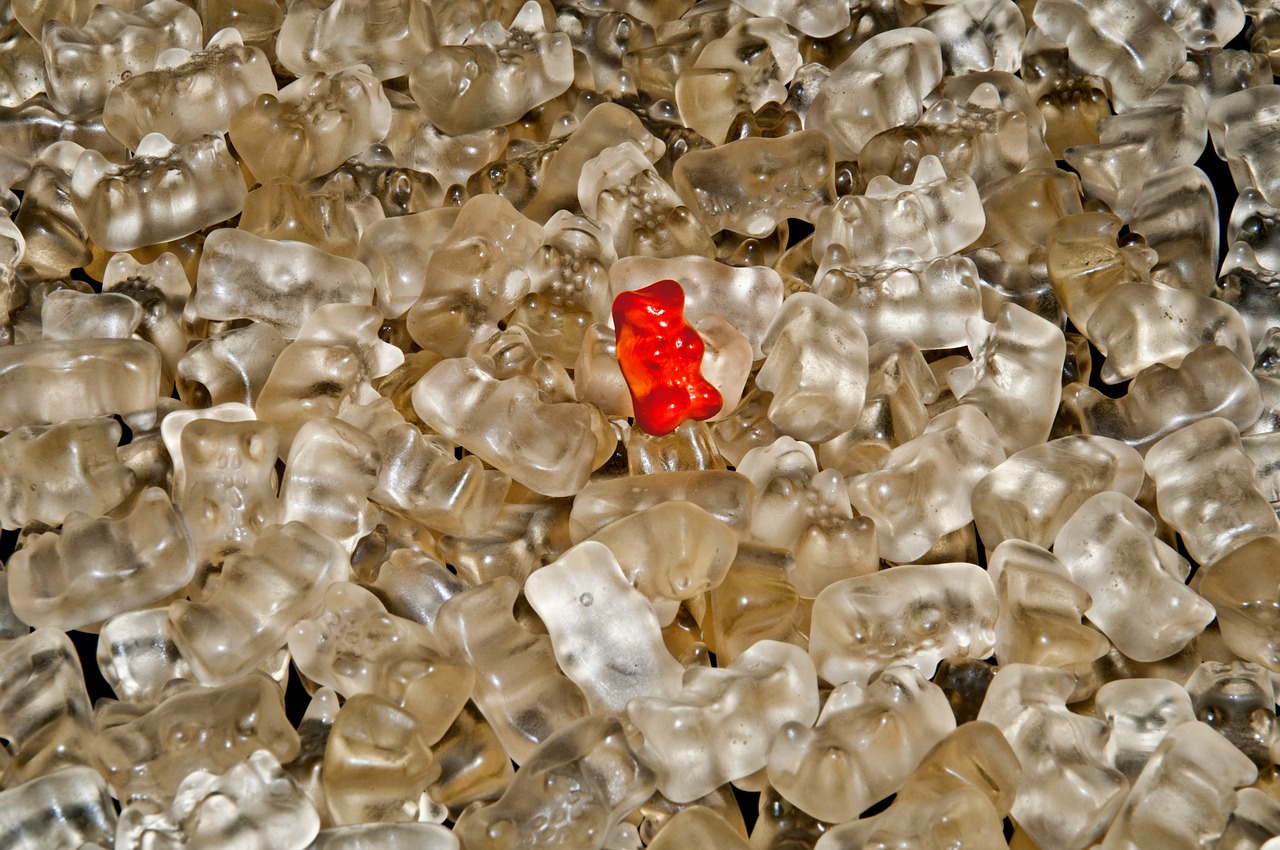
Can a gummy bear help you relax?
It's that time of year when things get quicker at work, at home, and in politics… but can a gummy bear help you stop and breathe?
Politics dominates the news, more people are returning to the office and workloads appear to be heavier. Sometimes you just need a little break. While marijuana has a reputation for getting you stoned, can a gummy help you relax and unwind? Well, science says yes. Generation Z has picked up on this trend as they are the first generation to suffer from worrying levels of anxiety. Some people turn to alcohol, a scented candle, or music to relax, but a John Hopkins study has shown that consuming marijuana at a lower dose can help relax the body and mind. Tetrahydrocannabinol (THC) is a cannabinoid found in cannabis. It is the main psychoactive component of cannabis and one of at least 113 total cannabinoids in the plant. identified in the system. It interacts with receptors in the brain to produce feelings of relaxation and euphoria. But overindulgence can have negative effects.
Photo by Haley Phelps via Unsplash.
Although more study is needed, research suggests that dosage is a key component in marijuana. Gummy candies are typically 5-10 mg, a smaller amount than in a joint and easier to control than multiple puffs of an e-cigarette. Microdosing, which has become popular, offers the opportunity to consume gummies to smooth out the rough edges of the day.
“People use cannabis to reduce anxiety, depression and post-traumatic stress disorder, but because THC levels fluctuate widely, if a person exceeds their THC tolerance, cannabis may cause anxiety rather than relieve it,” says the study's lead author , Ryan Vandrey. Ph.D., Professor of Psychiatry and Behavioral Sciences at Johns Hopkins University School of Medicine. “Our study shows that D-limonene can modulate the effects of THC in meaningful ways and make THC more tolerable for people who use it for both therapeutic and non-therapeutic purposes.”
The research team concluded that combining D-limonene with THC significantly reduced subjective indicators/reports of THC-induced anxiety among participants. These reductions were greater the higher the D-limonene dose.
Furthermore, they found no impairment of the subjective, cognitive, or physiological effects of THC when administered concurrently with D-limonene, nor any effects of D-limonene alone that differed from the placebo test.
If anxiety occurs frequently, it is important to speak with a doctor to develop a routine for long-term help.

Post a comment: